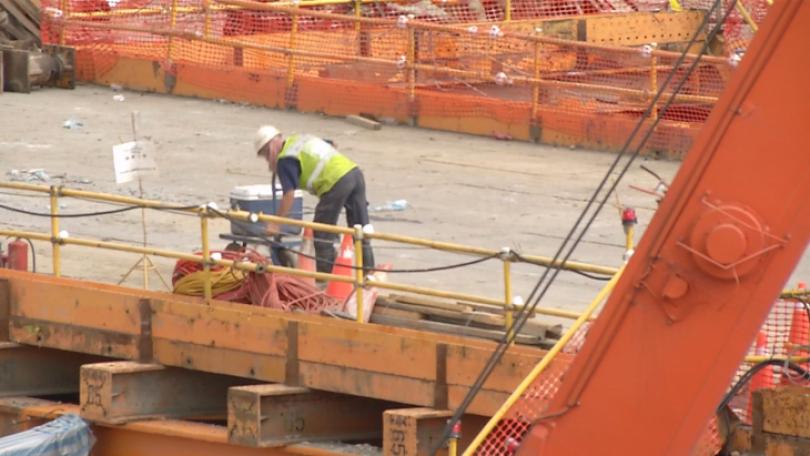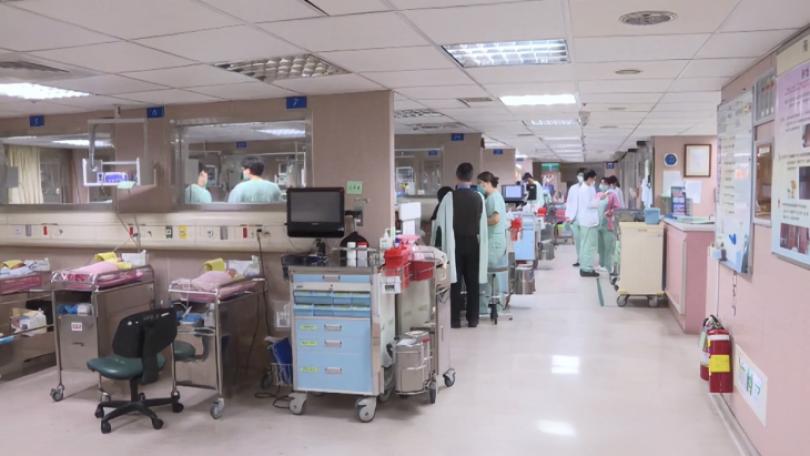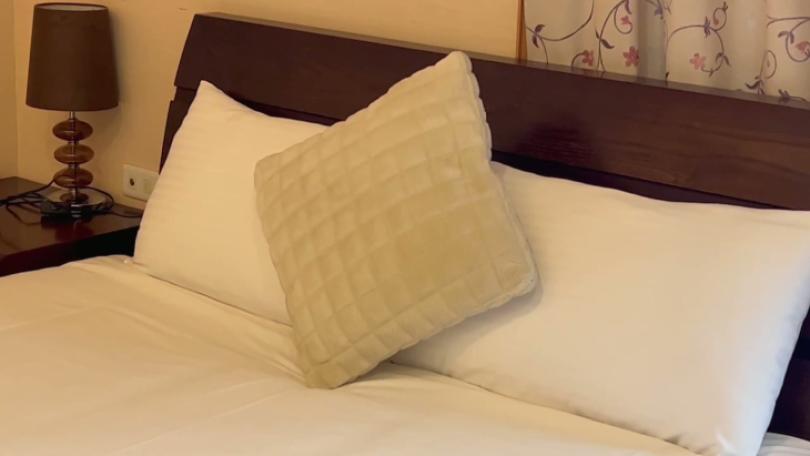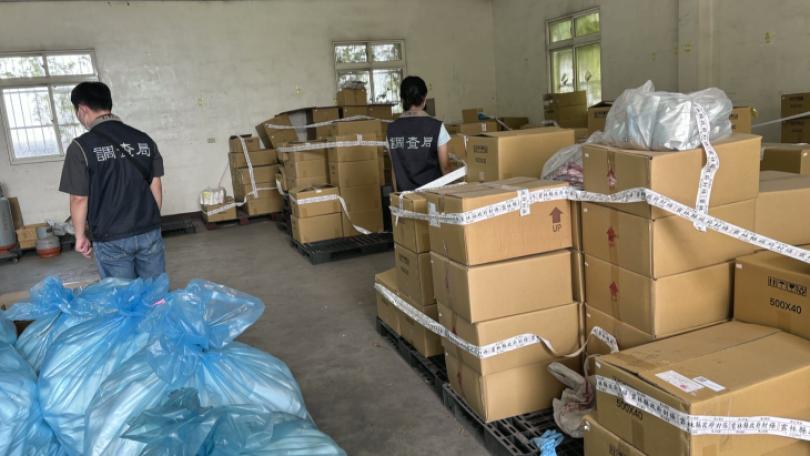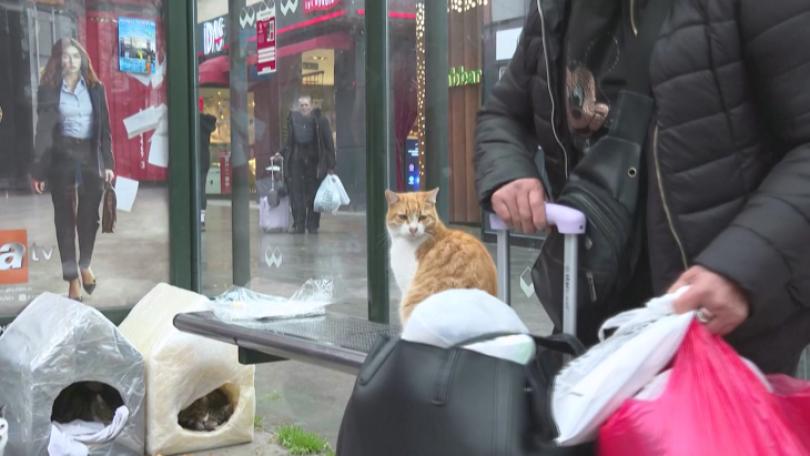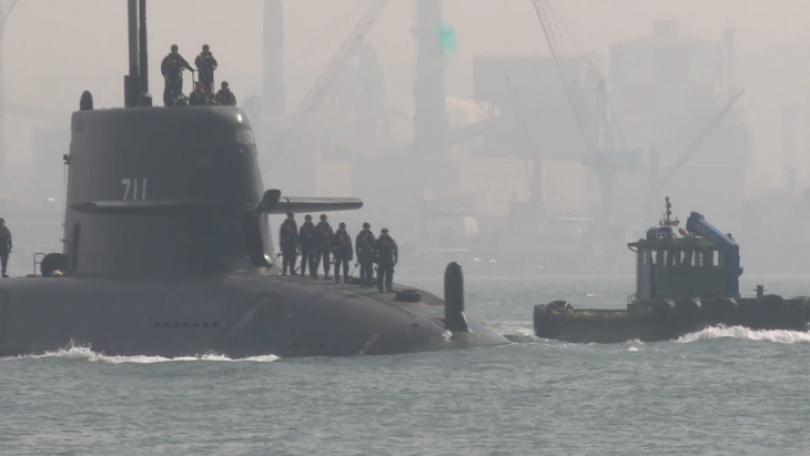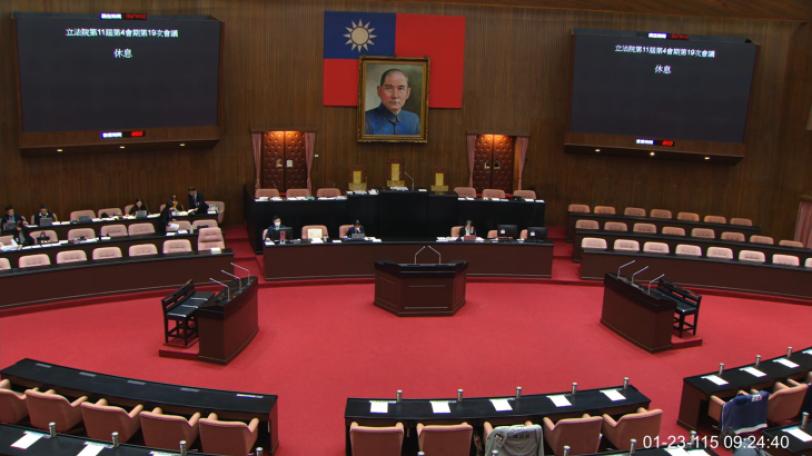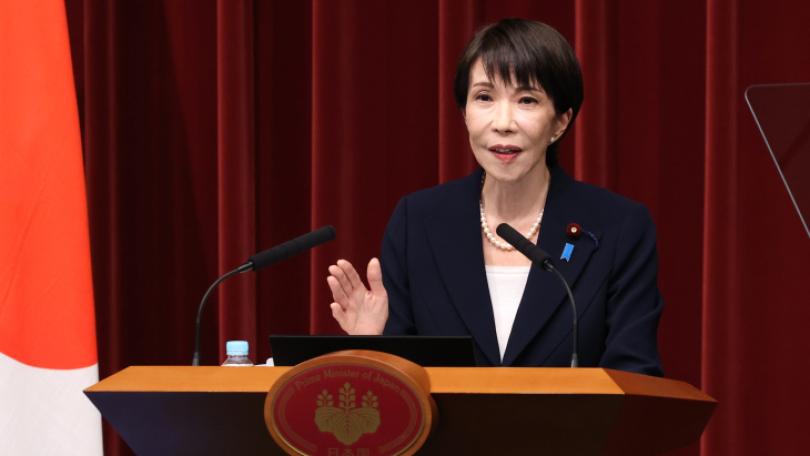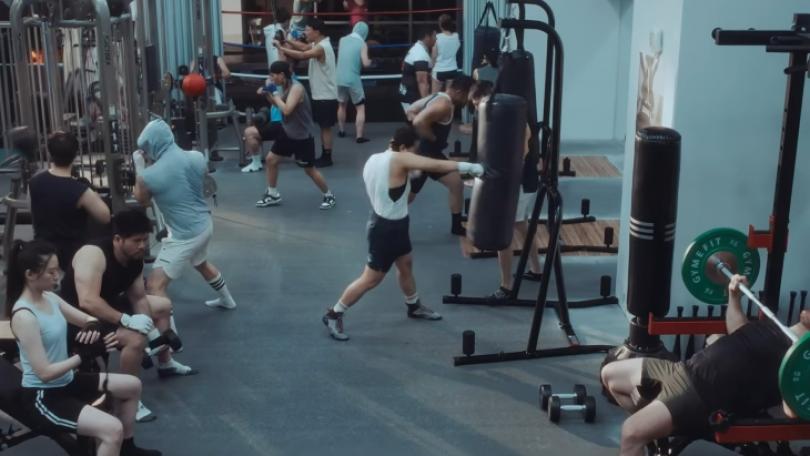Legislators Call on Stricter Law on Laughing Gas|濫用笑氣害癱瘓 立委籲修法嚴管

發布時間:
更新時間:
Last week, a 17-year teenager suffered damage to her spinal nerve after inhaling laughing gas and was paralyzed for life. It's not difficult for teenagers to get their hands on laughing gas, and the legislators have called on the government to implement stricter laws. Also, several legislators from the ruling Democratic Progressive Party have proposed to reduce tobacco tax ahead of the presidential election. Minister of Health and Welfare Chen Shih-chung responded by saying that there's currently on plan to adjust the tax.
Nitrous Oxide, also known as laughing gas, is often used as anesthesia before medical operations. However, industrial laughing gas is currently not regulated by any law. The Linkou Chang Gung Memorial Hospital has seen a number of patients who suffered from nerve damage after inhaling laughing gas, and they are all teenagers. Some legislators have called on the implementation of stricter laws on industrial laughing gas and to punish those who violate the law.
Those who sell laughing gas for non-medical purposes, such as the kind of gas for industrial or recreational use, should be subject to more severe punishment because these types of gas tend to be less pure.
After the Tsai Ing-wen administration took power, it decided to raise tobacco tax by NT$ 20 per pack of cigarettes, generating an additional NT$ 23.3 billion in tax revenue to support the long-term care system. However, there have been rumors that some DPP legislators propose to lower the tobacco tax to appeal to some voters. Minister of Health and Welfare Chen Shih-chung reiterates that there's no plan to adjust tobacco tax.
We've always aimed to reduce smoking among the general public. Therefore, it's important to maintain a certain amount of tax to limit the purchase of cigarettes.
Chen stresses that smoking is bad for health and the government aims to raise tax to limit the purchase of cigarettes, and that there's no plan to adjust the tax. Chen also says he will hold discussion with officials from the Ministry of Economic Affairs on the regulation of laughing gas in order to reduce potential injuries in the future.
「一氧化二氮」、俗稱「笑氣」,醫療上常用於麻醉手術,但工業用笑氣,目前非毒品或管制藥品,被抓到無法可管,林口長庚醫院過去6年來,曾收治不少吸食笑氣,導致神經嚴重受損的病例,患者清一色全是青少年,因此有立委提案修法,要求加強管理工業用笑氣,對於違法使用者、嚴懲重罰。
國民黨立委 陳宜民表示:「他販賣的是非醫用的,是工業用的,調理用的,是不是應該罪加一等?因為這個笑氣裡面含有更多的雜質。」
另外,蔡政府上任後,為了挹注長照財源,從106年6月起,每包菸稅調漲20元,每年菸稅收入增加約233億元,不過現在卻傳出為了選舉,討好部分選民,竟然有民進黨立委提案調降菸稅,對此衛福部長陳時中再次重申,目前沒有這個規劃。
衛福部長 陳時中表示:「長久以來,我們在這樣的一個,希望能夠減菸減量,戒菸的情況之下,那以價制量是一個非常重要的手段。」
陳時中強調,吸菸有害健康,政策面是希望以價制量,目前政策沒有動搖;至於工業用笑氣,因長期吸食恐成癮,也對人體有害,未來將和經濟部工業局共同研擬、笑氣規範管理制度。

